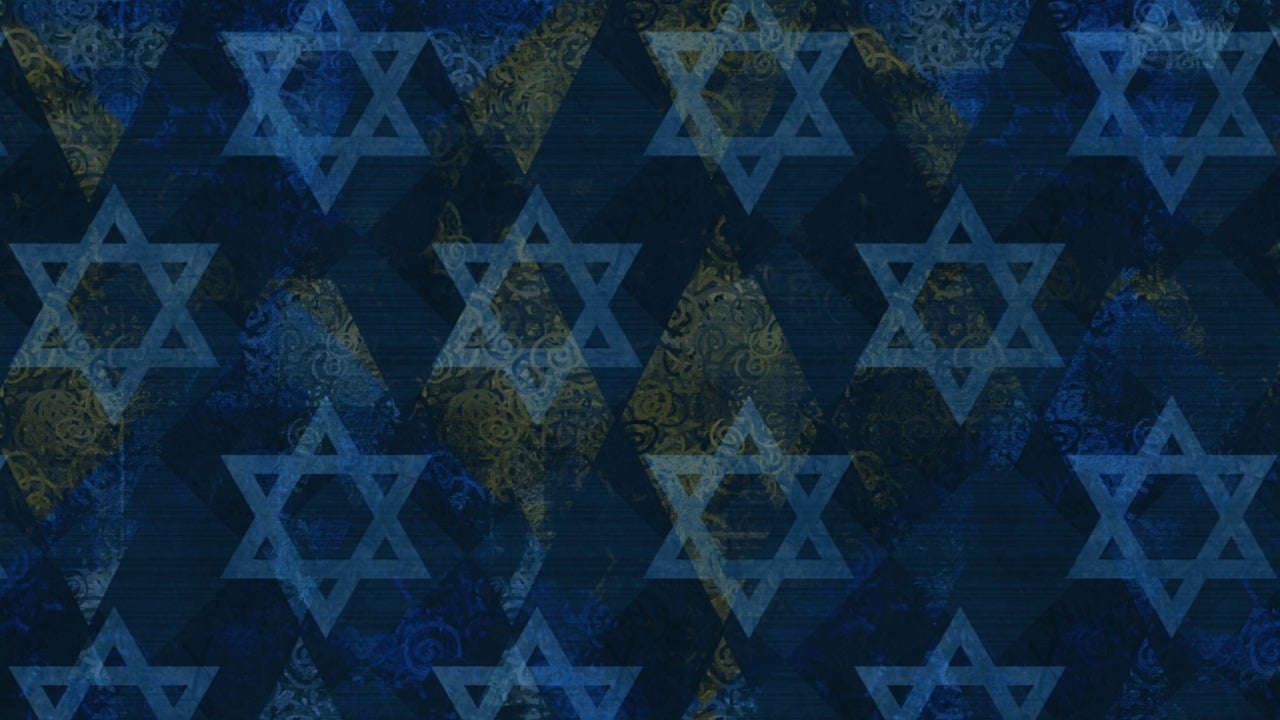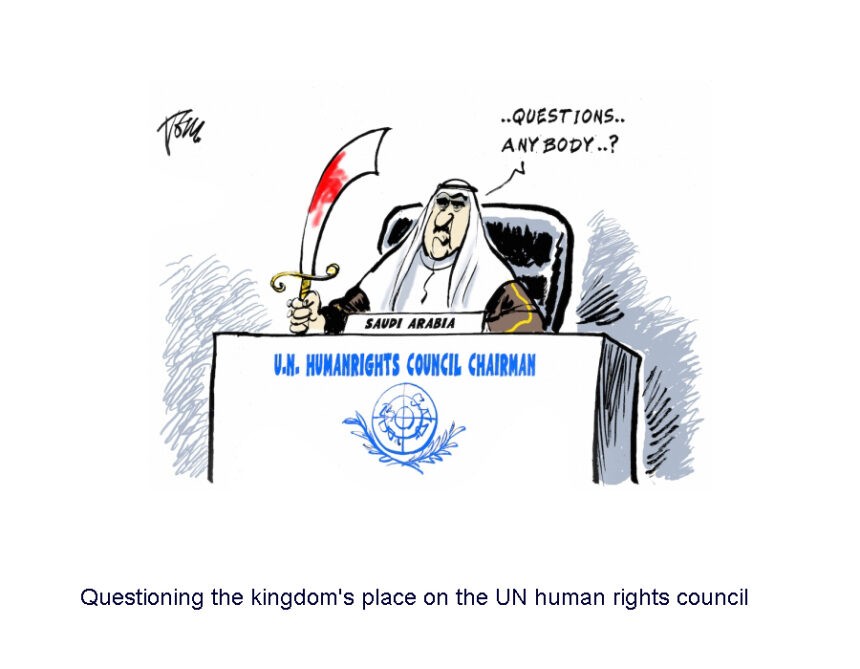Saudi Arabia’s Vision 2030, launched in 2016, presents an ambitious blueprint for economic diversification, social liberalization, and enhanced global standing. Promoted as a transformative shift away from oil dependency towards a vibrant, modern economy and society, it underpins Crown Prince Mohammed bin Salman’s consolidation of power.
However, viewed through a critical lens, particularly considering the Kingdom’s deeply entrenched authoritarianism and sophisticated international influence operations as noted elsewhere, Vision 2030 warrants significant skepticism. Its grand pronouncements of reform often stand in stark contrast to the persistent realities of domestic repression and may function as a form of strategic deception to expand the regime’s sphere of influence and international leverage.
Economic Diversification: Aspirations vs. Reality
The core economic goal of Vision 2030 is weaning the Kingdom off oil revenues. Initiatives include developing tourism, entertainment, technology, and mining sectors, attracting Foreign Direct Investment (FDI), and empowering the private sector, particularly Small and Medium Enterprises (SMEs). Giga-projects like NEOM, Qiddiya, and the Red Sea developments are physical manifestations of this ambition, funded heavily by the Public Investment Fund (PIF).
However, critics question the sustainability and true diversification potential. While non-oil revenue has increased, much economic activity remains heavily state-driven, reliant on oil-funded PIF investments rather than organic private sector growth. The feasibility of attracting sufficient sustained FDI ($5.7% of GDP target) in a region prone to instability, and within a system lacking political transparency and rule of law, remains uncertain. Giga-projects face questions about profitability, environmental impact, and timely completion, with recent reports suggesting significant scaling back of NEOM’s initial scope. Furthermore, reliance on vast numbers of migrant workers for these projects often occurs under the exploitative kafala system, a stark contradiction to the image of a modernizing nation.
Social Reforms: Facade for Repression?
Vision 2030 has been accompanied by highly publicized social reforms, such as lifting the ban on women driving, relaxing gender segregation rules, and opening cinemas and entertainment venues. These are presented as evidence of a move towards a “Vibrant Society.”
As previously emphasized, these reforms coexist with an absolute monarchy that tolerates zero political dissent. While women have gained some freedoms, the male guardianship system, though reformed, still imposes significant restrictions. Freedom of expression, assembly, and religion remain severely curtailed. The state continues to employ the death penalty at one of the highest rates globally, often for non-violent offenses. The brutal 2018 murder and dismemberment of journalist Jamal Khashoggi in the Saudi consulate in Istanbul serves as a chilling reminder of the regime’s capacity for silencing critics, even transnationally. Independent civil society is non-existent, and activists, clerics, and intellectuals routinely face arbitrary detention, unfair trials, and lengthy prison sentences. These reforms, therefore, can be interpreted as carefully curated concessions designed primarily for international consumption, masking the regime’s fundamentally repressive nature, which in key aspects like political freedom and extra-territorial targeting, arguably surpasses that of heavily criticized Iran.
Governance and the “Ambitious Nation”: An Orwellian Contradiction?
The “Ambitious Nation” pillar promises efficiency, transparency, and accountability, including anti-corruption drives.
But in an absolute monarchy where power is concentrated, genuine accountability remains elusive. Anti-corruption campaigns have been criticized as selective, potentially serving as tools for consolidating power and eliminating rivals within the ruling elite. The lack of independent judiciary, free press, or political opposition means there are few effective checks on state power. Saudi Arabia’s ability to secure positions on UN bodies related to human rights and ethics, despite its abysmal record, highlights a capacity to manipulate international institutions for legitimacy, undermining the very notion of an “Ambitious Nation” committed to global standards.
Vision 2030, the Abraham Accords, and Strategic Deception
The Abraham Accords, normalizing relations between Israel and several Arab states (UAE, Bahrain, Morocco, Sudan), create a new regional context. While Saudi Arabia has not formally joined, it has engaged in rapprochement talks and opened its airspace, driven partly by the potential alignment with Vision 2030’s goals – accessing Israeli technology (AI, biotech, agritech), attracting investment, and bolstering regional security cooperation.
Saudi Arabia’s engagement with the Abraham Accords framework may be a calculated element of strategic deception serving Vision 2030’s realpolitik aims:
- Image Laundering: Associating with normalization efforts, even indirectly, helps project an image of Saudi Arabia as a modernizing, peace-oriented regional player, further masking its domestic repression and controversial foreign policy actions (like the Yemen war).
- Leverage and Technology Acquisition: It provides a pathway to acquire advanced Israeli technologies, potentially including surveillance and security tools that could enhance state control, while also strengthening security ties with the US, which heavily backs the Accords.16
- Distraction and Influence: It aligns Saudi Arabia with a key US foreign policy objective, potentially securing greater diplomatic cover and reinforcing the “Saudi blind spot” in the West, where focus remains disproportionately on Iran. The pursuit of these ties allows Riyadh to leverage its economic power – wielded through PIF investments in Western economies and sophisticated media/lobbying campaigns – to ensure continued strategic partnerships despite its human rights record. This deep economic integration provides leverage arguably unavailable to sanctioned Iran.
- Bypassing Core Issues: Engagement offers a way to potentially gain the perceived benefits of regional integration while continuing official rhetoric demanding a two-state solution as a prerequisite for full normalization.
Conclusion: A Trap?
Vision 2030 presents a tempting vision of national transformation. However, a sober analysis, informed by the Kingdom’s documented human rights abuses, its sophisticated influence campaigns in the West, and its strategic maneuvering within shifting regional dynamics like the Abraham Accords, casts significant doubt on its stated aims. The vast expenditures on giga-projects and social reforms may primarily serve to consolidate the power of the ruling elite, enhance its international standing through carefully managed optics, and create deeper economic entanglements that discourage Western criticism, rather than fostering genuine, broad-based liberalization or accountability.
The Western fixation on Iran, fueled partly by Saudi influence, may obscure the more insidious, long-term challenge posed by a deeply repressive, yet economically integrated and strategically positioned, Saudi Arabia. Vision 2030, far from being a straightforward blueprint for progress, may be better understood as a complex exercise in statecraft, employing the language of modernization and soothing talk of peace (via the Abraham Accords context) as instruments of power concentration and regime expansion on both the domestic and international stages. Its ultimate legacy remains uncertain, demanding ongoing critical scrutiny rather than wishful acceptance of its promotional gloss.
Meanwhile, it was reported that US President Donald Trump is “no longer linking Saudi civilian nukes to Israeli normalization.” Four days later, Israel President Isaac Herzog told reporters in Berlin that there is nothing he wants more “than to shake the hand of Mohammed bin Salman,” saying the process “started with President Sadat in 1977, then with Jordan, then with the UAE, Bahrain, and Morocco in the Abraham Accords. And what’s the next step?”





